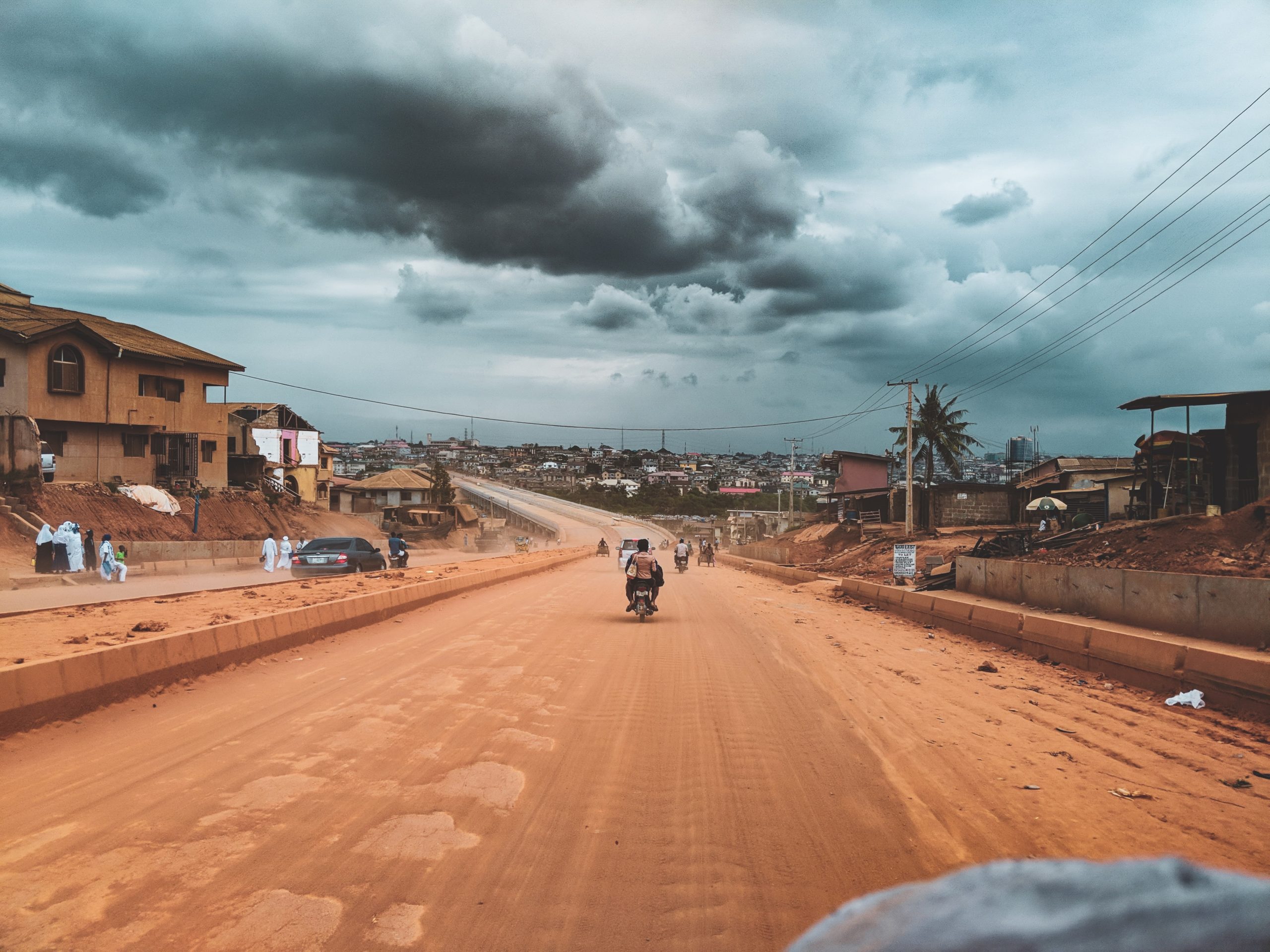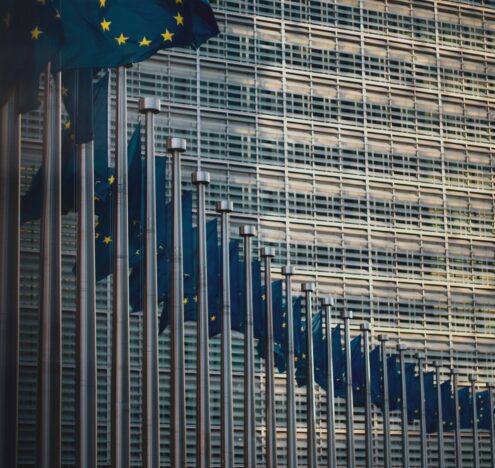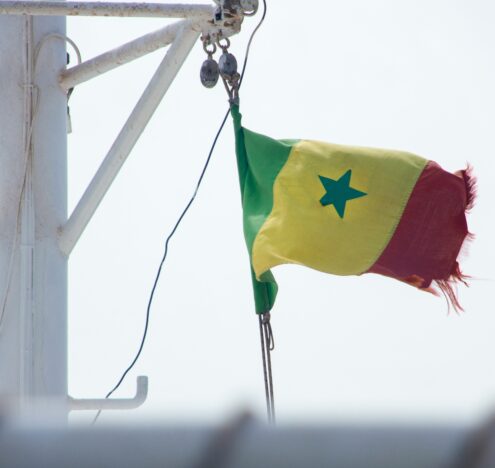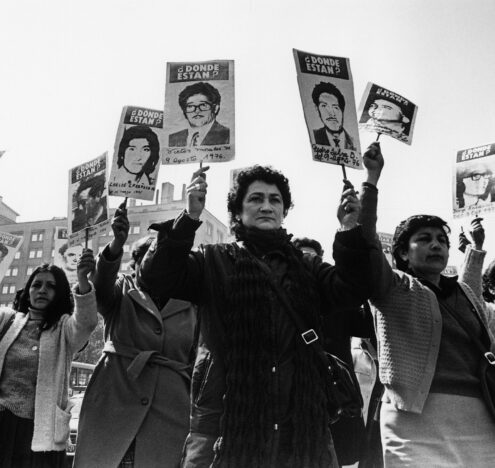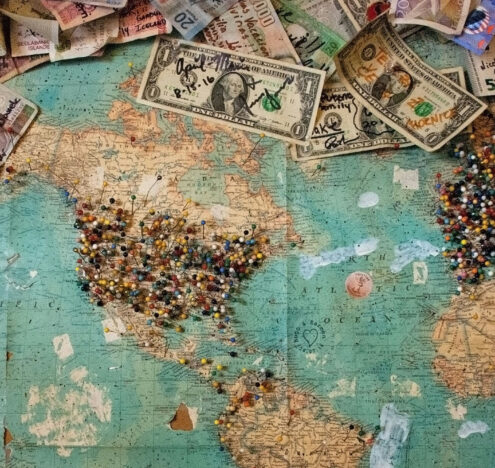Following a poorly planned and executed US withdrawal from Afghanistan, the Taliban has crowned itself victorious. Foreign policy circles have discussed and speculated widely regarding the Taliban’s ability to rule the country. The Taliban’s newly formed “transition” government has faced some criticism from countries worldwide regarding the lack of representation of women and minorities. While the impact of the Taliban takeover on the US and its allies is still unfolding, the focus is on South and Central Asia. Yet, there are great implications for African states as well.
Once again, Africa will have to work itself out of a problem created by the mismanagement of military interventions in Afghanistan and figure out how to deal with a potential increase in terrorist activities spurred by the Taliban victory.
Although counterterrorism policies have largely affected African policies since 2002, and the Taliban takeover will surely affect the African continent, the effects that these developments have in Africa are mainly left unaddressed. This is problematic since the continent is home to several extremist groups and has been labeled as a key front in the fight against terrorism and a hotspot for jihadist activity globally. The Sahel countries host a significant number of extremist groups, some of them with close ties to Islamic State (ISIS) or al Qaida like Jamaat Nusrat al-Islam wal Muslimin (JNIM), who will likely be emboldened by the Taliban’s newfound power, which in turn will impact how African governments decide to counter these groups. This comes along with the announcement from France of ending the regional counterterrorism military operation in the Sahel and reducing by half its military presence by 2022. This leaves the UN Multidimensional Integrated Stabilization Mission in Mali (MINUSMA) with a heavier burden containing terrorist and extremist activities in the region. The Afghan context may resound for violent extremist groups in the Sahel making it a very dangerous situation for international security.
THE EMBOLDENED GROUPS
JNIM is an al Qaida affiliate with groups in the Sahel and Somalia. Although there are many reasons why extremist groups have a significant presence in Africa, the recent Taliban victory might lead these groups to interpret it as both a validation to their activities and ideologies and a rough and dangerous blueprint as to what they could do. The Director of the Africa Programme at Chatham House has declared that the Afghan case surely provides a “psychological boost” to extremists. In a recent Brookings article, Kwesi Anin, Director of the Kofi Annan center in Ghana, has expressed worries about the surge in extremist activities owing to the Taliban takeover and how the victory can potentially put everyone on the continent, in particular the Sahel, at risk. Already there has been an uptick in terror attacks across Mali, Niger, and Burkina Faso and Nigeria with members in groups like al Shabab and JNIM writing congratulatory messages following the withdrawal. These groups most likely have members that would have trained in Afghanistan or have been trained by Taliban insurgents.
Like the people of Afghanistan, the publics of African countries will bear the effects of this victory via increased activities of insurgents on the ground. African countries have undoubtedly been left out or given little consideration in the comprehensive strategic planning and risk analysis leading to the US drawdown in Afghanistan. The lack of inclusion of African leaders in the broader political and diplomatic implications is deplorable. Nigerian President Muhammadu Buhari has expressed his concern stating that African countries should be worried by a “sense that the West is losing its will for the fight.” Mali, which has traditionally relied on Western support for counterterrorist strategies, worries that in the face of the Afghan experience and the impending French withdrawal from Operation Barkhane, the situation in Mali might soon resemble Afghanistan’s.
The example set by the Taliban’s victory is palpable in the various reactions from extremist groups who witnessed the Taliban victory with some pride in their hearts. In Somalia, al Shabab has reportedly “hailed the Taliban’s takeover… in a show of support.” In Nigeria, where emboldened members of the Boko Haram group rejoiced over the victory, there is the concern of an uptick in extremist activities. Buhari lamented the shift in terror activities to Africa, and the lack of prioritization of Africa by Western allies, as evidenced by the drawdown without adequate thought about its impact beyond regional concerns. Buhari’s worries are not unfounded. Experts within Africa have agreed that the Taliban victory might serve as a rallying call to other extremists groups to obtain the same type of victory, which might have devastating local and regional consequences. Ellen Tenenbaum, Director of Security Studies at the French Institute of International Relations, says, “This is the story that is going to impact and influence jihadi fighters around the globe for the next decade…”.
LOOKING FORWARD
The Taliban may seek ways to capitalize on the wave of support they are receiving but may do so in ways that are not apparent to Western audiences to avoid undermining potential western and other international allies. While, of course, there are other contributing factors to upticks in extremist activities in Africa, leaders — particularly in countries with prevalent extremist activities buoyed by the Taliban win — will need increased coordinated and strategic efforts to tackle increased extremist movements.
Regional cooperation is especially critical since stability in terror-prone areas in Africa does not seem to be a priority for the West. Once again, Africa will have to work itself out of this problem created by the mismanagement of military interventions in Afghanistan owing to a potential increase in terrorist activities spurred by the Taliban victory. Thus, learning from past coordinated security operations, such as the Multinational Joint Task Force — an effort by the Lake Chad basin countries (Cameroon, Chad, Niger and Nigeria) to tackle the Boko Haram group — should be a top priority as the continent might be at the doorstep of increased aggression. Evaluation reports have shown that groups like Boko Haram have grown stronger despite concerted efforts in tackling terrorist activities. It might be helpful to examine the social vulnerabilities that have allowed Boko Haram to garner local support and drive-up recruitments. Coordinated and honest government outreach to border communities suffering the brunt of terrorist activities will help ease feelings of abandonment, making terrorist groups seem like viable security alternatives. Tighter border controls will also help restrict access to the more extensive terrorist network.
African countries, therefore, have their work cut out for them.
Osebhahiemen Okooboh is a Nigerian PhD student studying global power shifts at Kennesaw State University. She has a background in international armed conflict mediation and is a member of the Nigerian Bar Association.
Gabriel Mondragón Toledo is a PhD student at the University of Hamburg, Germany, studying the role of narratives in practices of disarmament and arms control. He has a background in international relations and international security.














